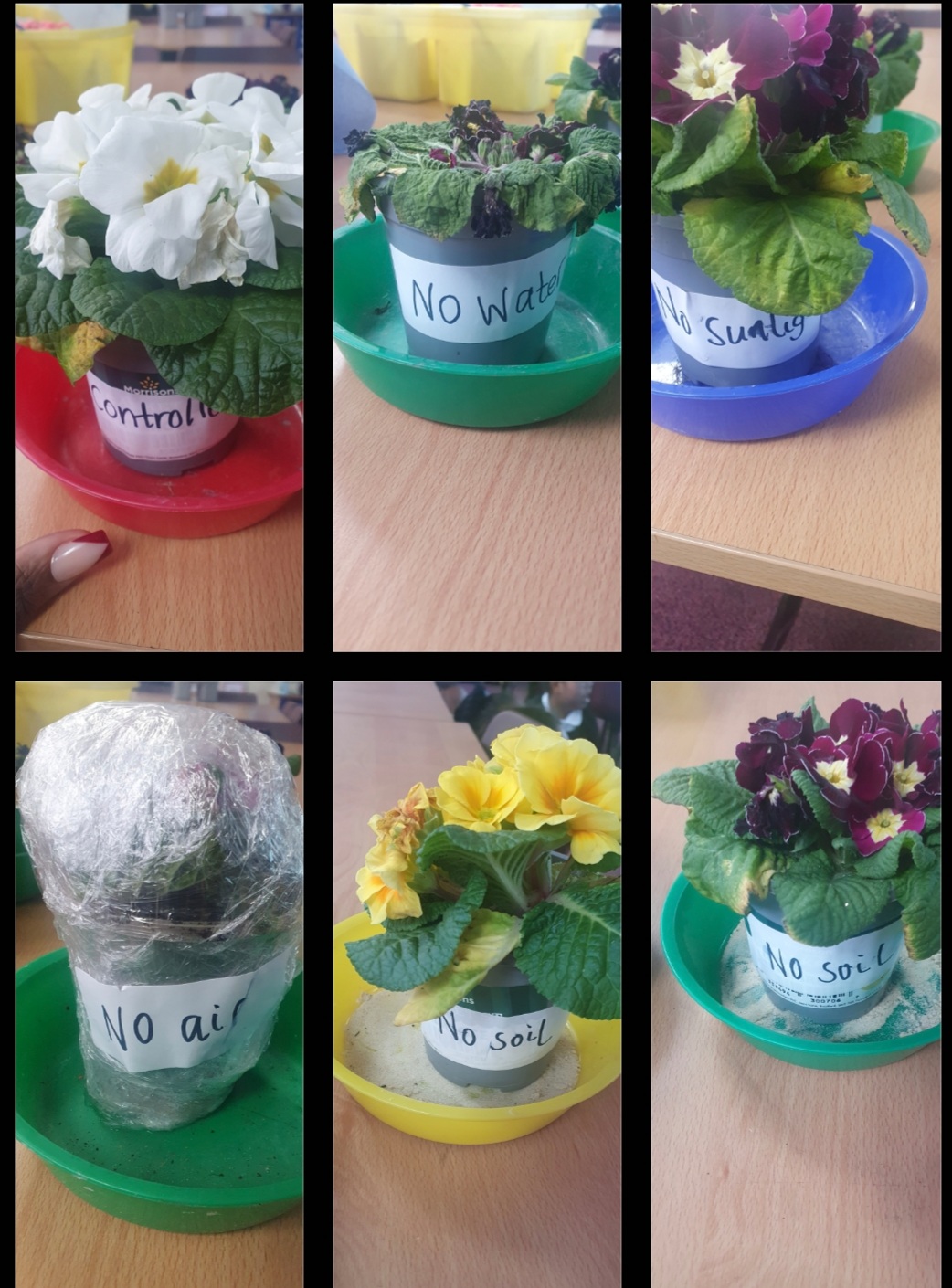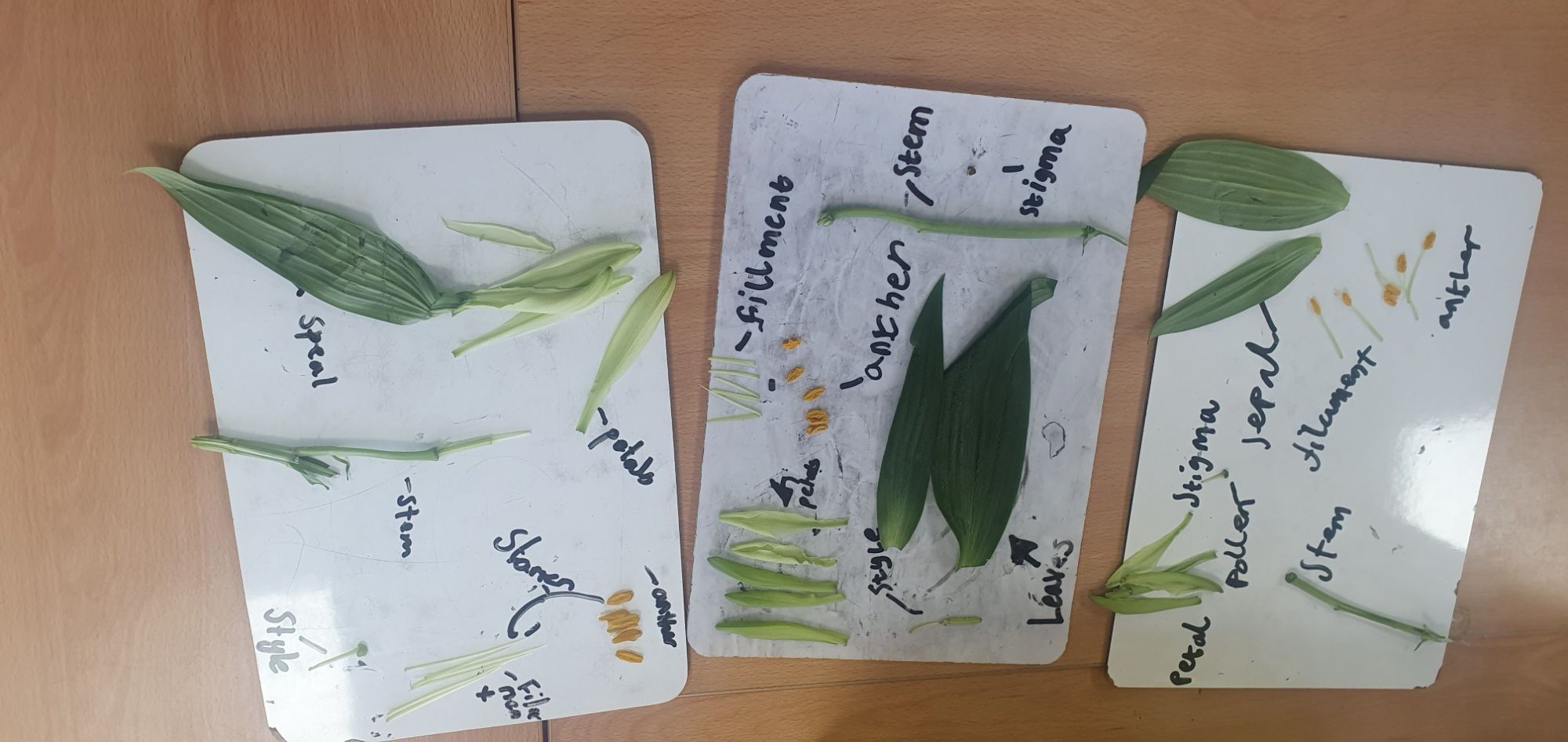Our Learning
Science

Intent
At St Thomas CE Primary School, it is our intention to provide children with a high quality education and a passion for Science. Our curriculum will enable children to become enquiry-based learners, collaborating through researching, investigating and evaluating experiences. It will encourage respect for living organisms and the physical environment. We use CUSP Science to plan and prepare our lessons, and we follow their long-term planning and teaching structure of each Science module.
Our science curriculum is delivered through a series of modules which are deliberately spaced throughout the academic year with opportunities to introduce and revisit key concepts. This approach enables staff to deepen pupil understanding and embed learning. Our curriculum maps clearly show how our CUSP curriculum delivers (introduces and revisits) the National Curriculum expectations for science within and across year groups. All Science modules are identified on year group specific yearly overviews using green boxes.
All children will be exposed to high-quality teaching and learning experiences which will in turn hook the children’s interest. Moving forward, children will be given the resources to develop a sense of excitement and curiosity about the world they live in.
Implementation

Modular knowledge approach Science is taught across each year group in modules that enable pupils to study key scientific understanding, skills, and vocabulary. Each module aims to activate and build upon prior learning, including EYFS, to ensure better cognition and retention. Each module is carefully sequenced to enable pupils to purposefully layer learning from previous sessions to facilitate the acquisition and retention of key scientific knowledge and skills.
In ensuring high standards of teaching and learning in science, we implement a curriculum that is progressive throughout the academy.
Children have access to key vocabulary and definitions to understand and readily apply to science and other subjects through cross-curricular links. This then builds on the child’s schema. Science is taught once a week for one hour.
Each unit builds upon prior knowledge which develops depth and understanding and shows progressions of skills.
Children develop their scientific enquiry skills through exploring, questioning, predicting, planning and carrying out investigations and observations to conclude their findings.
Accompanying each module is a knowledge organiser which contains key vocabulary, information and concepts which all pupils are expected to understand and retain. Knowledge notes are the elaboration and detail which help pupils acquire the content of each module. They support vocabulary and concept acquisition through a well-structured sequence that is cumulative. Each Knowledge Note begins with questions that link back to the cumulative quizzing, focussing on key content to be learnt and understood. Knowledge organisers and Knowledge Notes are dual coded to provide pupils with visual calls to aid understanding and recall.
Through using a range of assessments, differentiation is facilitated by teachers, to ensure that each pupil can access the Science curriculum.
Each lesson follows the CUSP structure:
-
Connect: Consolidation of previous learning- prerequisites visited to ensure prior knowledge is embedded.
-
Vocabulary: Explicit teaching of unit vocabulary.
-
Explain: Explicit teaching of new knowledge.
-
Example: Live Modelling of new learning (I Do.)
-
Attempt: Guided Practice of new learning (We Do) – Check for understanding.
-
Apply: Independent application of new learning (You Do.)
-
Challenge: Opportunities for deepening their learning and scientific enquiry.
Impact
The impact of this curriculum, leads to good progress over time, across key stages and in relation to a child’s individual starting point. This allows children to have the foundations for understanding the wider world when completing their primary education. Our aim for Science is to equip children with the skills needed to navigate an ever-changing world of Science by immersing our students with scientific enquiry skills.
Assessment is an important tool when tracking children’s progress. At All Saints Multi Academy Trust we use a the CUSP assessment tool, which assesses knowledge, skill, and application of new knowledge. We also rely on formative assessment as this allows for misconceptions and gaps within their knowledge to be addressed quickly and efficiently.




